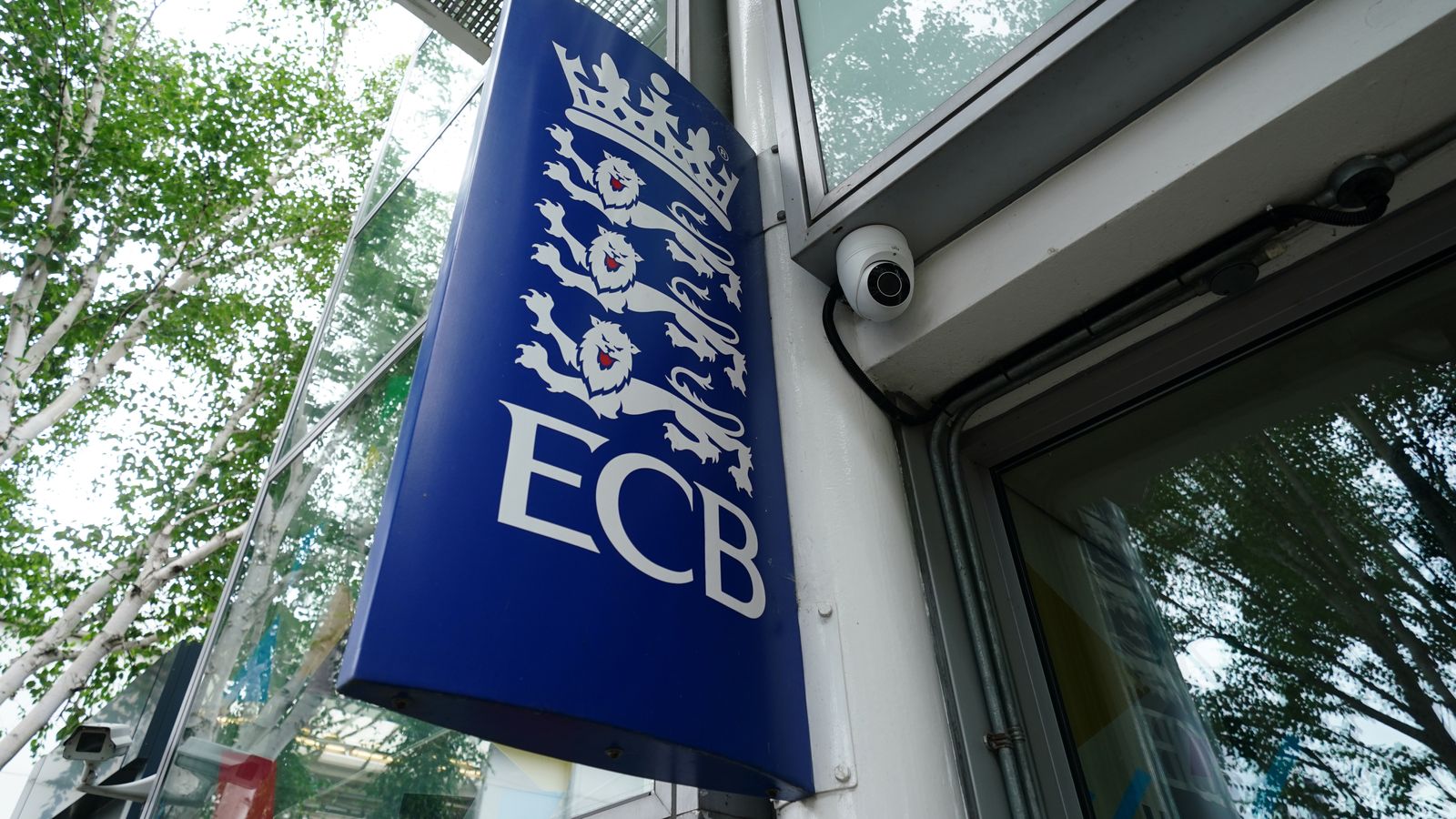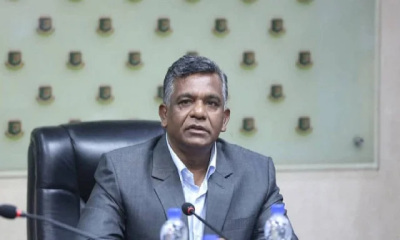The England and Wales Cricket Board (ECB) has banned the participation of transgender individuals in top domestic women`s cricket competitions. According to the ECB, anyone who has gone through male puberty will not be allowed to play in the top two tiers of women`s cricket in the country, known as Tier One and Tier Two.
This rule will also apply to the women’s competition "The Hundred."
However, transgender women will still be allowed to participate in recreational cricket and in the lower tiers of domestic cricket.
A year prior, in November 2023, the International Cricket Council (ICC) had already prohibited the participation of transgender players in international cricket.
The ECB stated that their decision was made after extensive consultation, balancing considerations of fairness, safety, and inclusion.
The board mentioned that it took into account a wide range of opinions gathered during discussions in 2023, as well as relevant scientific and medical evidence.
The ECB plans to adopt a similar policy to the ICC`s by 2025 for professional women`s domestic cricket.
While the ICC has promised a review of its transgender policy within two years, the ECB has not provided any timeline for its own review.
The ECB acknowledged that the inclusion of transgender individuals is a "complex issue" with many strong opinions on both sides, making it challenging to achieve a balanced approach.
Under the current regulations, transgender individuals can participate in competitions with written consent, which is evaluated on a case-by-case basis based on proof of their transition.
Similar bans on transgender participation exist in swimming, cycling, athletics, rugby league, and rugby union in the UK.
The ECB`s decision highlights the ongoing debate surrounding transgender athletes in women`s sports, where issues of fairness and inclusion are often at odds.
As policies evolve, it will be important for governing bodies to remain responsive to scientific findings and community feedback to foster a more inclusive environment for all athletes.




-20260225072312.webp)

-20260224075258.webp)

-20260217073221.webp)





-20260226080139.webp)
















-20260219054530.webp)





-20260221022827.webp)